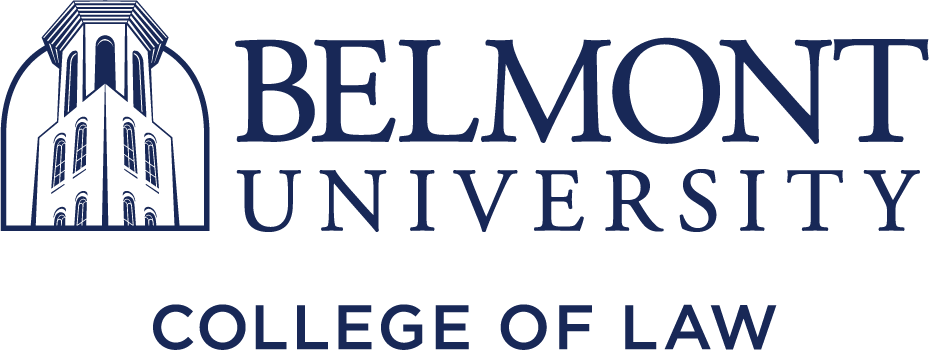Under the principle of birthright citizenship, U.S. citizenship is automatically granted to individuals born on U.S. soil. Birthright citizenship was confirmed in United States v. Wong Kim Ark, where the Supreme Court held that children born in the U.S. to immigrant parents are citizens of the U.S. regardless of their parents’ immigration status.
The Fourteenth Amendment of the Constitution, which states, “All persons born or naturalized in the United States, and subject to the jurisdiction thereof, are citizens of the United States and of the State wherein they reside,” is the primary legal foundation for birthright citizenship in the U.S.
The United States is one of roughly 30 countries that offers automatic citizenship to everyone born in their country. Canada has a similar policy to the U.S., granting automatic citizenship to anyone born on Canadian soil, regardless of parental immigration status. Whereas, the United Kingdom has a more restrictive law where children born in the UK are not automatically granted citizenship unless at least one parent is a British citizen or has settled status in the country.
On January 20, 2025, Inauguration Day, President Trump signed an Executive Order, titled
“Protecting the Meaning of and Value of American Citizenship,” to limit birthright citizenship. In the Order, originally slated to go into effect February 19, the President prohibited federal agencies from issuing documents recognizing U.S. citizenship, or accepting documents issued by state or local jurisdictions purporting to recognize U.S. citizenship, to a person when:
- The mother was illegally in the United States and the father was not a U.S. citizen or lawful permanent resident at the time of birth, or
- The mother’s presence in the United States was lawful but temporary, and the father was not a United States citizen or lawful permanent resident at the time of birth.
The order would apply prospectively and affect individuals born 30 days after the date of the order.
Opponents of birthright citizenship argue that it incentivizes illegal immigration. This order was one of many executive orders Trump signed on his inauguration day relating to border security and illegal immigration, including declaring a national emergency at the border.
President Trump argues that the first clause of the Fourteenth Amendment requiring persons to be born or naturalized in the U.S. has been construed to exclude those born in U.S. territories despite being “in” the U.S., as well as that the clause requiring a person to be “subject to the jurisdiction thereof” involves a historic doctrine of allegiance where a person must owe direct and exclusive allegiance to the sovereign.
Since the order, eighteen states filed a lawsuit in Massachusetts federal court challenging the constitutionality of the executive order. To date, federal courts in Washington, Maryland, New Hampshire, and Massachusetts have all issued rulings to block the executive order including federal judges in Washington, Maryland, and Massachusetts passing nationwide preliminary injunctions, and the U.S. District Court for the District of New Hampshire issuing a preliminary injunction blocking the federal government from enforcing the executive order with respect to plaintiffs in that case.
Senior U.S. District Judge John Coughenour of the Western District of Washington, called the executive order “blatantly unconstitutional” and temporarily barred the government from implementing the order for 14 days. He extended the ban at a hearing on February 6, stating that birthright citizenship is a fundamental constitutional right.
Nationwide preliminary injunctions allow a single district court judge to issue an injunction affecting the entire country. On March 13, acting Solicitor General Sarah Harris filed three concurrent applications for an emergency stay with the Supreme Court focusing on the nationwide injunctions issued by federal judges, arguing that the injunctions are unlawful and should be limited to the plaintiffs in the respective cases.
The Trump Administration has asked the Supreme Court of the United States to curtail a lower court’s ability to issue a nationwide injunction. The Department of Justice also requested that lower courts be barred from blocking the executive order limiting birthright citizenship on a national scale.
The Supreme Court has not yet made a final decision on Ms. Harris’ three concurrent applications for an emergency stay concerning the lawsuits from federal judges aiming to halt Trump’s order on birthright citizenship. However, the court has requested that the challengers respond by April 4.
References:
ACLU, Federal Court Blocks Trump Birthright Citizenship Executive Order, Am. Civ. Liberties Union, (Feb. 10, 2025), https://www.aclu.org/press-releases/federal-court-blocks-trump-birthright-citizenship-executive-order.
Amy Howe, Trump Asks Supreme Court to step in on birthright citizenship, SCOTUS Blog, (March 13, 2025), https://www.scotusblog.com/2025/03/trump-asks-supreme-court-to-step-in-on-birthright-citizenship/.
Britain Eakin, Dem States Challenge Trump’s Birthright Citizenship Order, Law360, (Jan. 21, 2025), https://www.law360.com/access-to-justice/articles/2286784?nl_pk=9276ae69-03a9-49b9-a384-7ddcd6edeee6&utm_source=newsletter&utm_medium=email&utm_campaign=access-to-justice&utm_content=2025-01-25&read_main=1&nlsidx=0&nlaidx=3.
Christina M. Kelley, Ashley Urquijo, President Trump Issues Executive Order Limiting Birthright Citizenship, Nat’l L.R., (Jan. 21, 2025), https://natlawreview.com/article/president-trump-issues-executive-order-limiting-birthright-citizenship.
Exec. Order No. 14160 (Jan. 20, 2025).
Fed. Reg., https://www.federalregister.gov/presidential-documents/executive-orders/donald-trump/2025 (accessed March 20, 2025).
Trump Administration Petitions Supreme Court Over Birthright Citizenship, Fed’n for Am. Immigr. Reform, (March 17, 2025), https://www.fairus.org/legislation/executive/trump-administration-petitions-supreme-court-over-birthright-citizenship.
U.S. Const. amend. XIV.
United States v. Wong Kim Ark, 169 U.S. 649 (1898).

Recent Comments